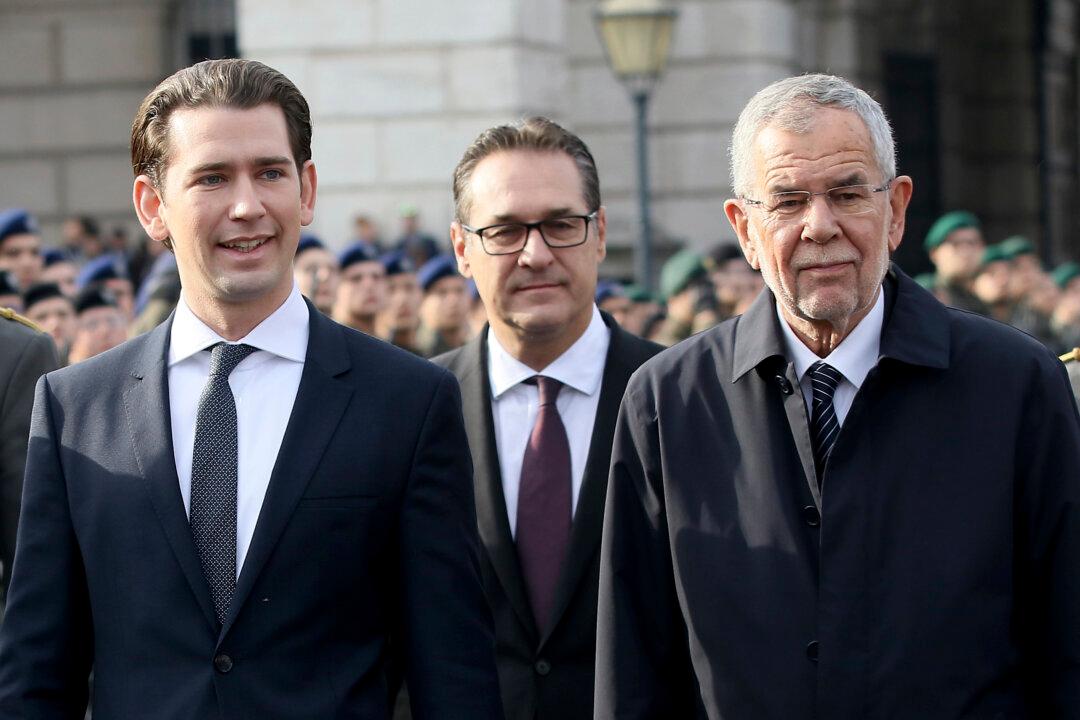WARSAW—The Austrian government says that it won’t sign a global compact on migration, citing concerns about national sovereignty.
Austria on Oct. 31 joined neighboring Hungary in shunning the United Nations-brokered agreement, formally known as the Global Compact for Safe, Orderly and Regular Migration.





